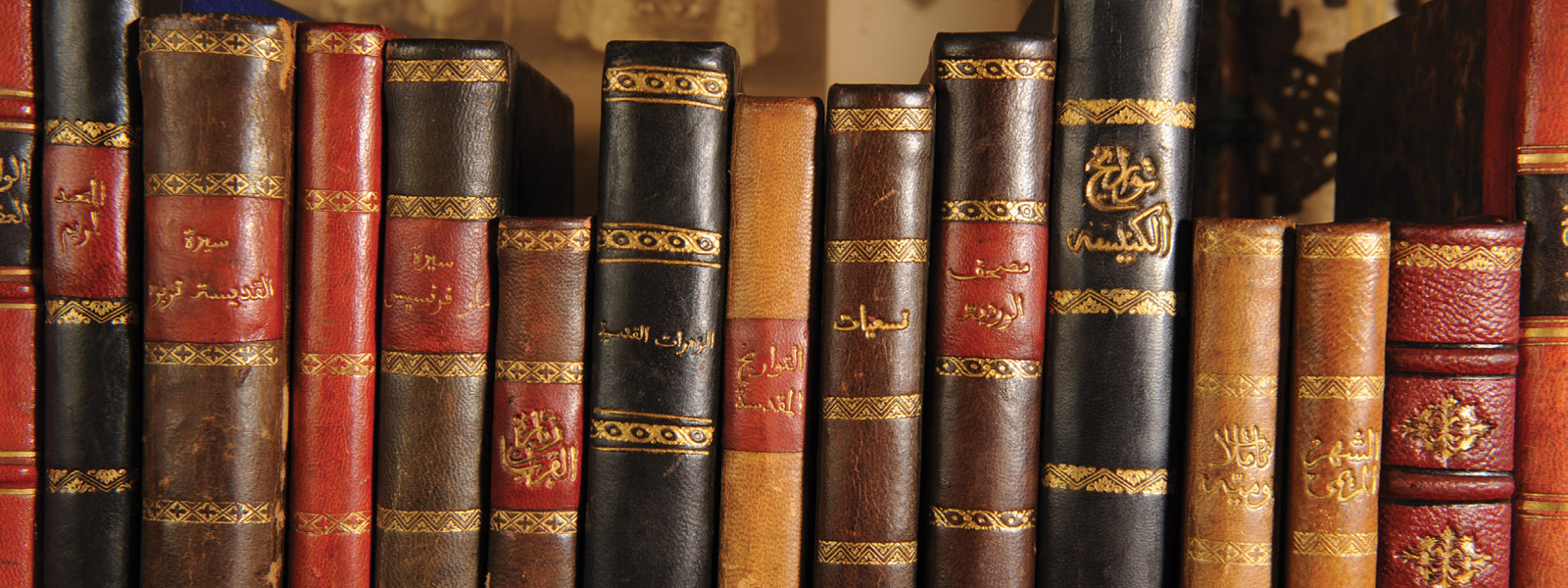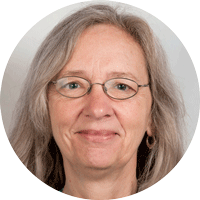

| Catholic University faculty and students are immersed in a culture of research. In this series we offer a sampling of the many big questions they are working on. |

Professor Robin Darling Young has a deep appreciation for the culture and traditions of Eastern Christianity, specifically Greek, Armenian, and Syriac communities dating back to late antiquity. When the modern-day descendants of those communities began to face threats pushing them out of the Middle East, Young recognized the rich cultures and traditions that could be lost. For the past several years, she and her team of digital historians have been conducting interviews in order to build an online library of some unique cultural traditions and histories.
Young’s team began its work by interviewing a community of Chaldean Catholics who had migrated from Iraq to the Detroit area following the ISIS invasion in 2014. Now working in collaboration with a professor at the College of New Jersey, the team has expanded to the Syriac Orthodox community, who come from Syria, Lebanon, and historic Palestine.
“Unless we know who we were, we don’t know who we are. To link the present with the past in as expansive a way as possible, we try to include as many stories as possible. I’m especially interested in the stories of women because they can often paint a picture of how these Christians lived in the home, in the village, or in their families. That’s something that ecclesiastical officialdom often forgets: a Christian way of life is carried forth through families and especially through women.”
Robin Darling Young is an associate professor of Church history in the School of Theology and Religious Studies. She has published and lectured widely on topics in the history of early Christianity, including scriptural inter- pretation, the history of asceticism and mon- astic thought, and martyrdom.